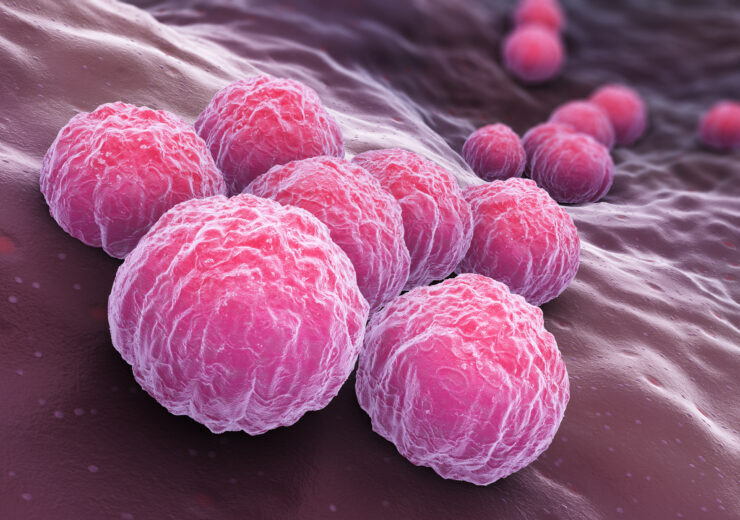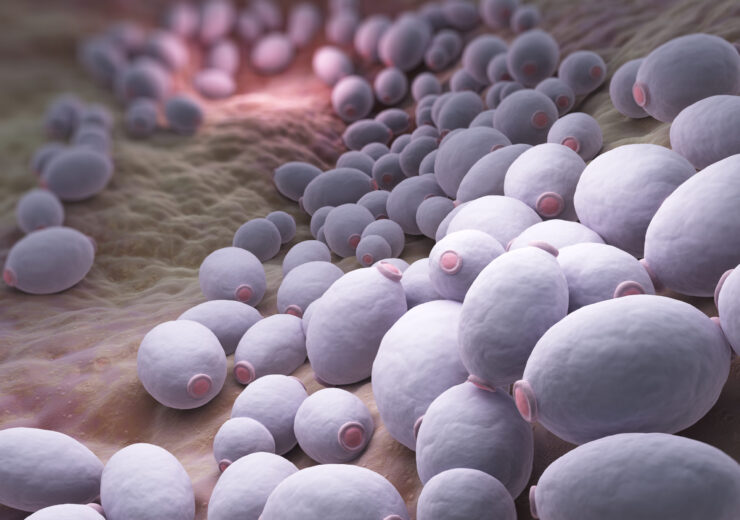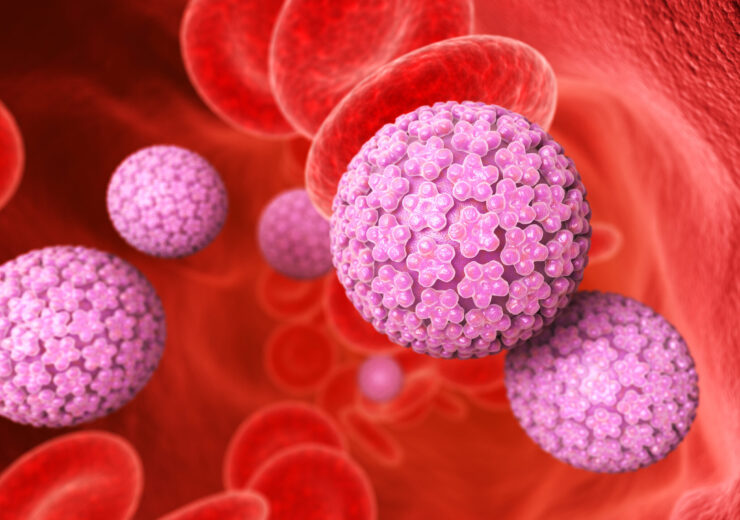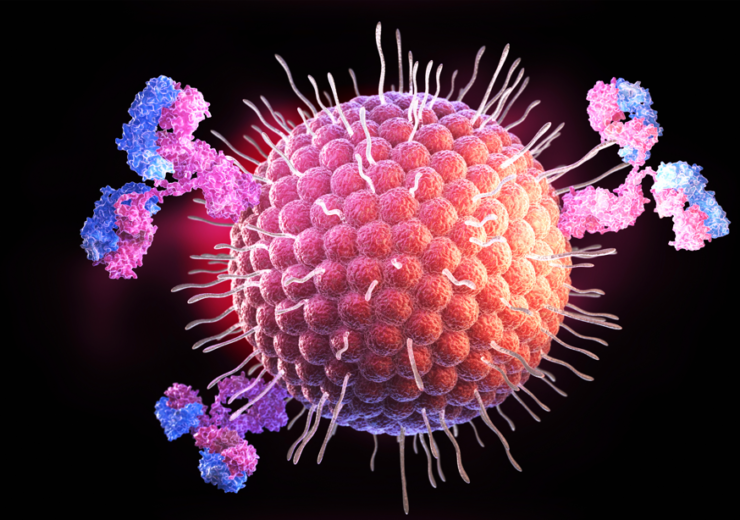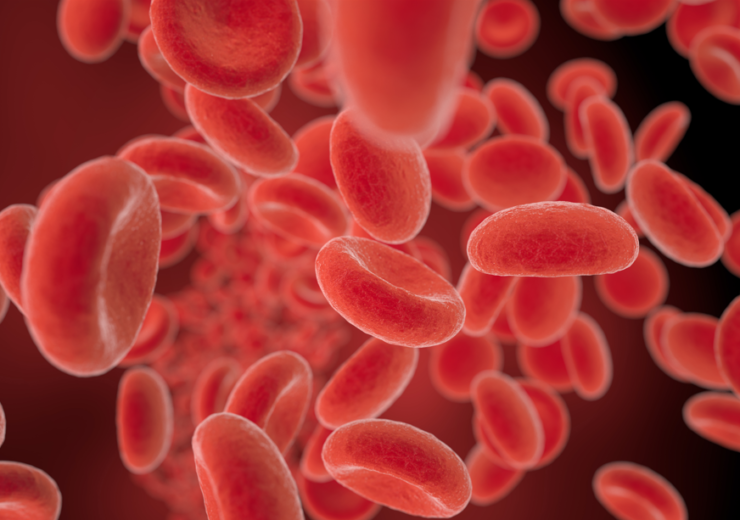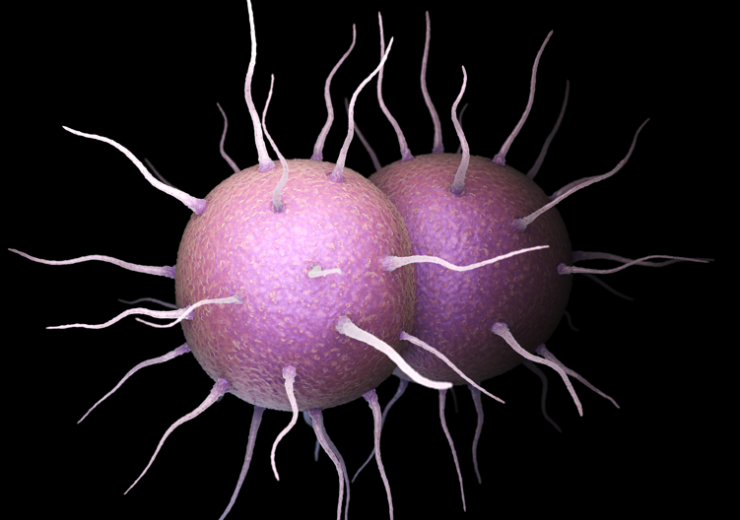Chlamydia
Most of the time, chlamydia has no symptoms, but if they do appear, it’s usually within three weeks from the time of infection.
- Pain while urinating
- A change in discharge, such as whitish, cloudy or watery discharge
- Pain and swelling in the testicles
- Pain in the lower back and stomach
- Pain during sex
- Bleeding between periods or after sex
- Vaginal, oral or anal sex without condoms
- Genitals coming into contact with other genitals that are already infected
- Infected semen or vaginal fluid getting into your eye
The most common way to test for chlamydia is urine sample, alternatively we can swab over an area that is infected.
Treatment for chlamydia is done by antibiotics. Typical treatment for these are Azithromycin (single dose) or Doxycycline (weeklong course) being the most common.
Chlamydia can be passed on if you have sex before the treatment has finished, to prevent re-infection or passing the infection on, wait at least 7 days after your treatment to resume sexual activity.


